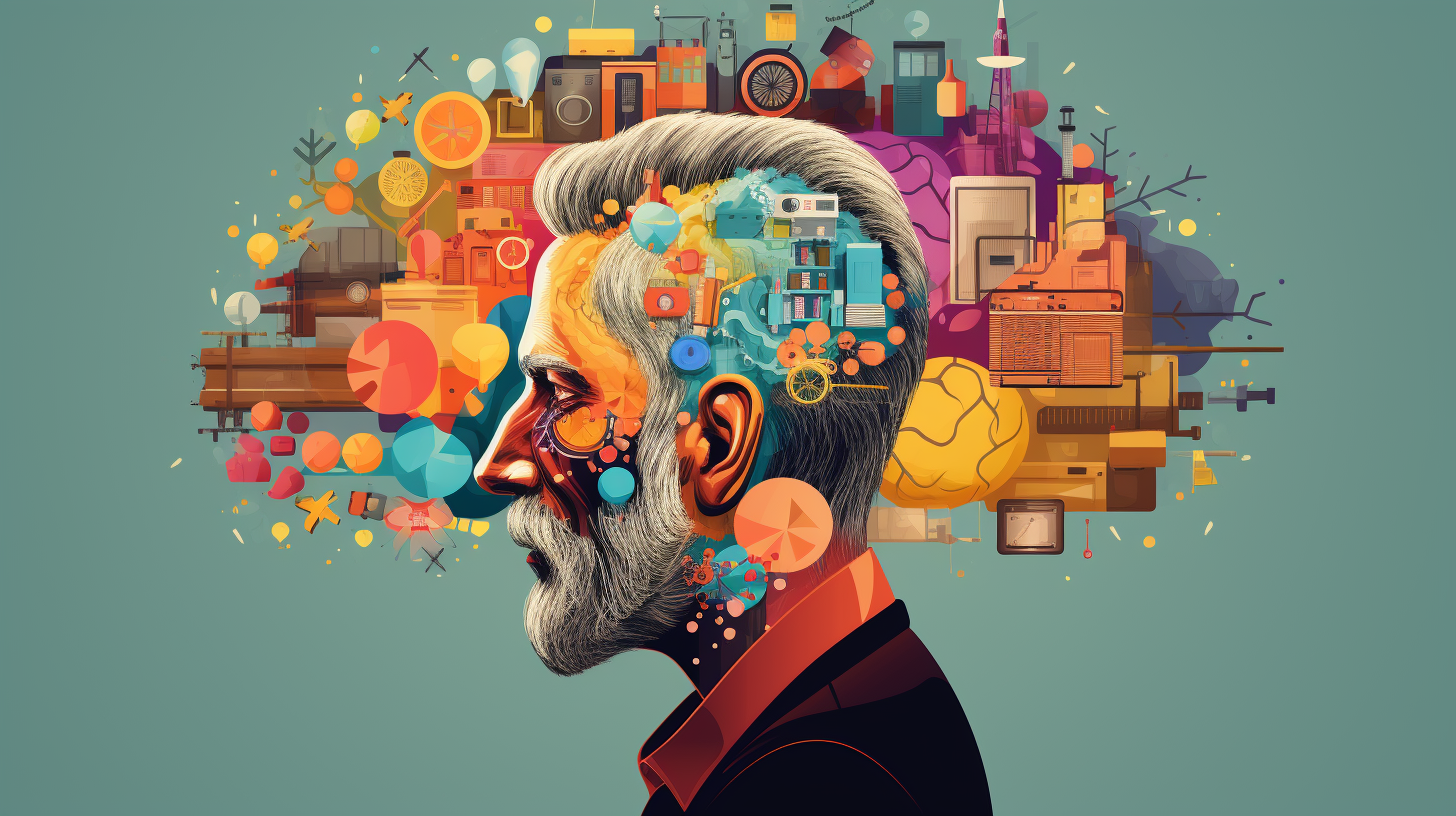Do you ever get frustrated trying to figure out why some people act the way they do? Or wonder why you sometimes think and behave differently depending on who you’re with or how stressed you feel?
The answer lies in cognitive development levels. To do so, I’m referencing the guide from Pathwise that helps us understand these various levels of cognition. Cognitive development levels refer to the emotional and mental growth stage a person is at, like their psychological age.
See, we go through different phases in how we think, feel and relate to others as we mature. Just like how a 5-year-old sees the world differently than a 15-year-old.
Where someone is cognitively affects how they handle life and relationships. It shapes their motivations, priorities, and how they interpret situations. Knowing this can help you connect better with others. You can meet them where they are developmentally instead of expecting them to be further along. And you can create the right conditions to nurture their growth versus getting frustrated that they don’t think like you.
Here’s a quick overview of the main stages:
Stage 1 — Impulsive (2–7 years old)
In the impulsive stage, people think mostly about their immediate needs and perceptions. They see the world entirely through their own lens. Under high stress, even mature adults can revert to impulsive thinking. Folks here may struggle with addictions or trauma. Their thinking can seem illogical or self-centered to us. But try to have compassion — they’re doing their best with the tools they have.
Stage 2 — Imperial (7–16 years old)
In the imperial stage, folks start using more logic. They’re concerned with control and power over themselves and their environment. They see themselves as separate from others and the world. “My way or the highway” thinking emerges. They still tend to see things as black and white. While they may try to be self-sufficient, they still need others to help feel powerful.
Stage 3 — Interpersonal (16+ years old)
At the interpersonal stage, people can think more abstractly. They consider others’ feelings and needs. Mutuality in relationships matters most now. They conform to social norms and want affection. Their self-esteem depends on affiliations and being accepted. They may argue staunchly for their group’s values, as their identity is all tied up in it.
Stage 4 — Institutional (18+ years old)
Reaching the institutional stage is uncommon. Now people can think logically about abstract concepts like love and truth. They feel responsible to society and want to contribute. They define themselves by an internal value system and seek intimate relationships with those at their stage. Their values come before a group’s.
Stage 5 — Inter-individual (24+ years old)
At the inter-individual stage, dialectical thinking emerges. Folks integrate logic, emotion and situational factors to understand truth. They can be objective yet intimate in relationships. Self-surrender to ideals and people emerges. With less rigid thinking, creativity flourishes. But almost no one reaches this level consistently.
So how can you apply this practically?
Here are some tips:
- Observe how people think, prioritize and relate. What “age” does it remind you of? This gives clues to their cognitive stage.
- Consider your own motivations and reactions. What pulls you to act certain ways? Do you regress under stress? Self-awareness helps.
- Accept people where they’re at developmentally. Help nurture conditions for growth vs. expecting more. Partnering with role models helps.
- Watch for assumptions that higher intelligence = higher cognitive stage. Development unfolds gradually under the right circumstances.
See each interaction as a chance to understand someone’s developmental stage better. With insight and patience, you can communicate and lead more effectively!
The takeaway? People naturally progress through stages as they mature. Meet them with compassion at their level. Encourage the next stage’s values while accepting their current perceptions. Model the thinking you hope to see. With understanding and patience, you can communicate and connect more effectively. The goal is progress, not perfection.

